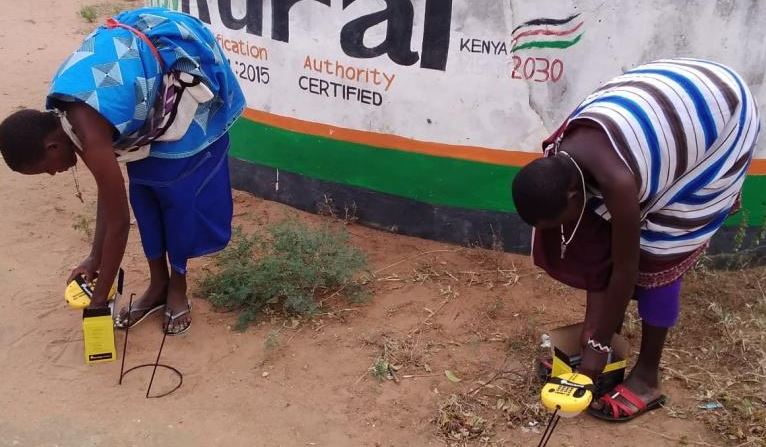×
The Standard e-Paper
Kenya’s Boldest Voice

The prolonged schools closure due to the Covid-19 pandemic has deepened a crisis – that of deep-seated inequalities among learners and their institutions.
During the closure that began in March, millions of learners in rural areas stayed idle as others, mostly in urban set-ups, turned to online learning. However, not all in urban areas had this privilege.